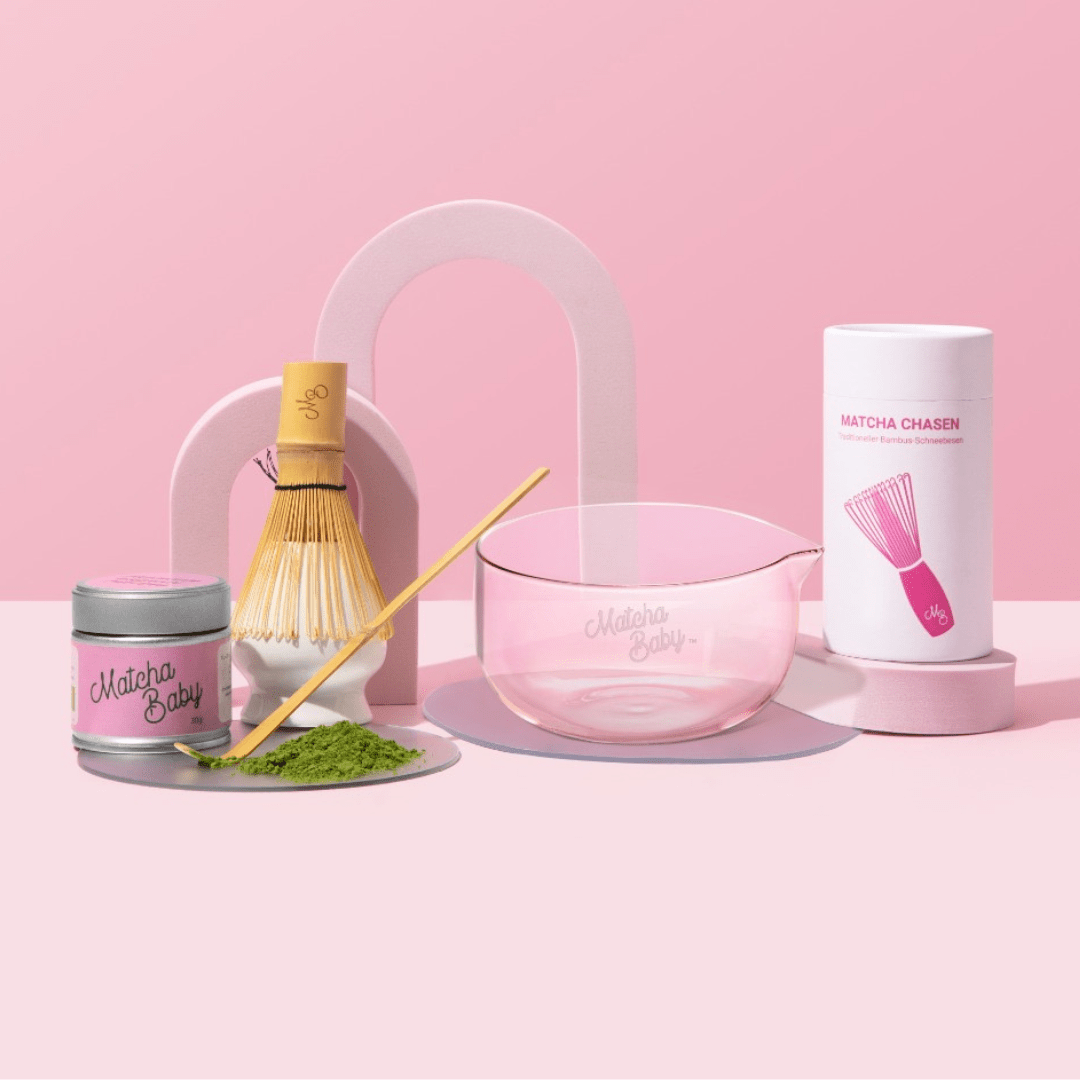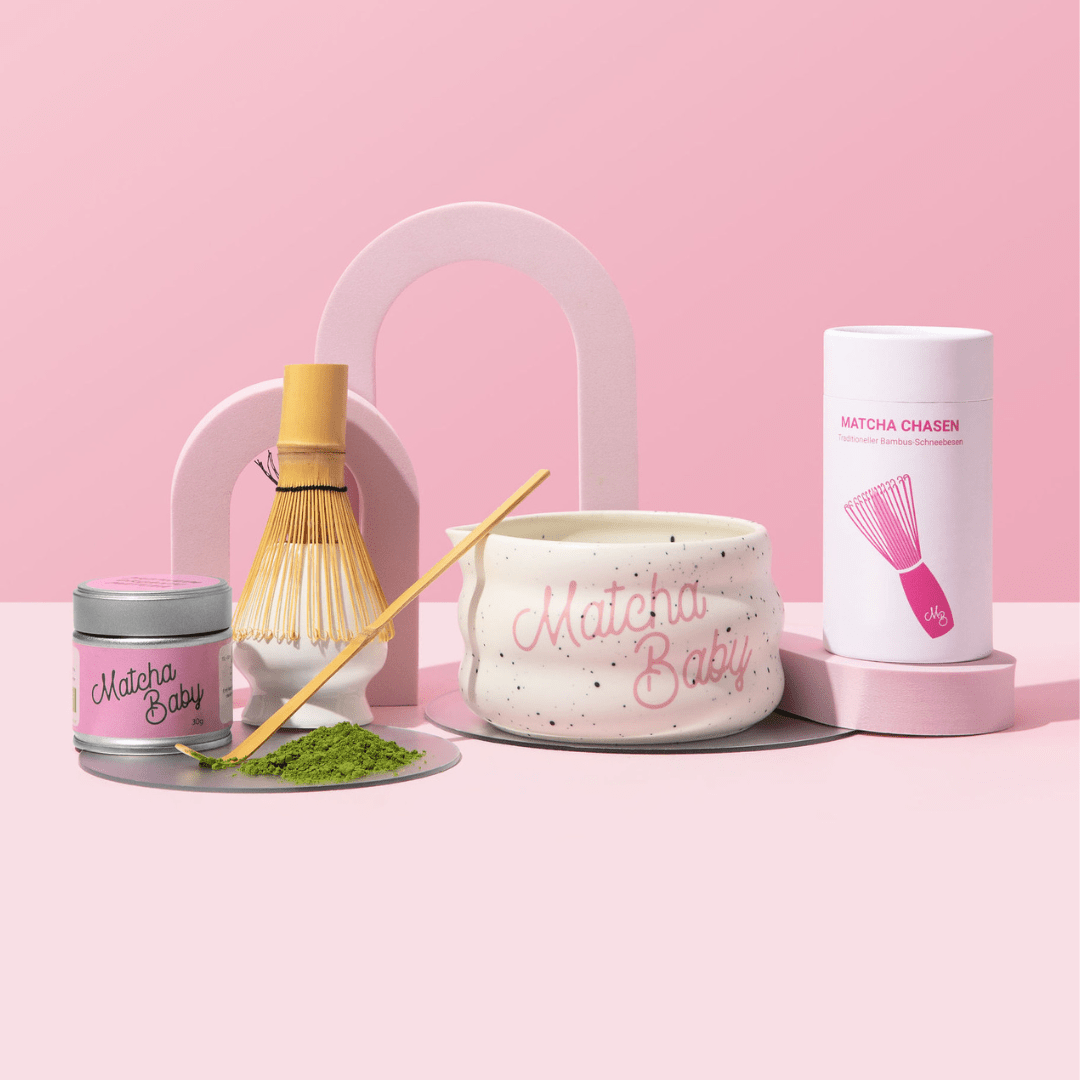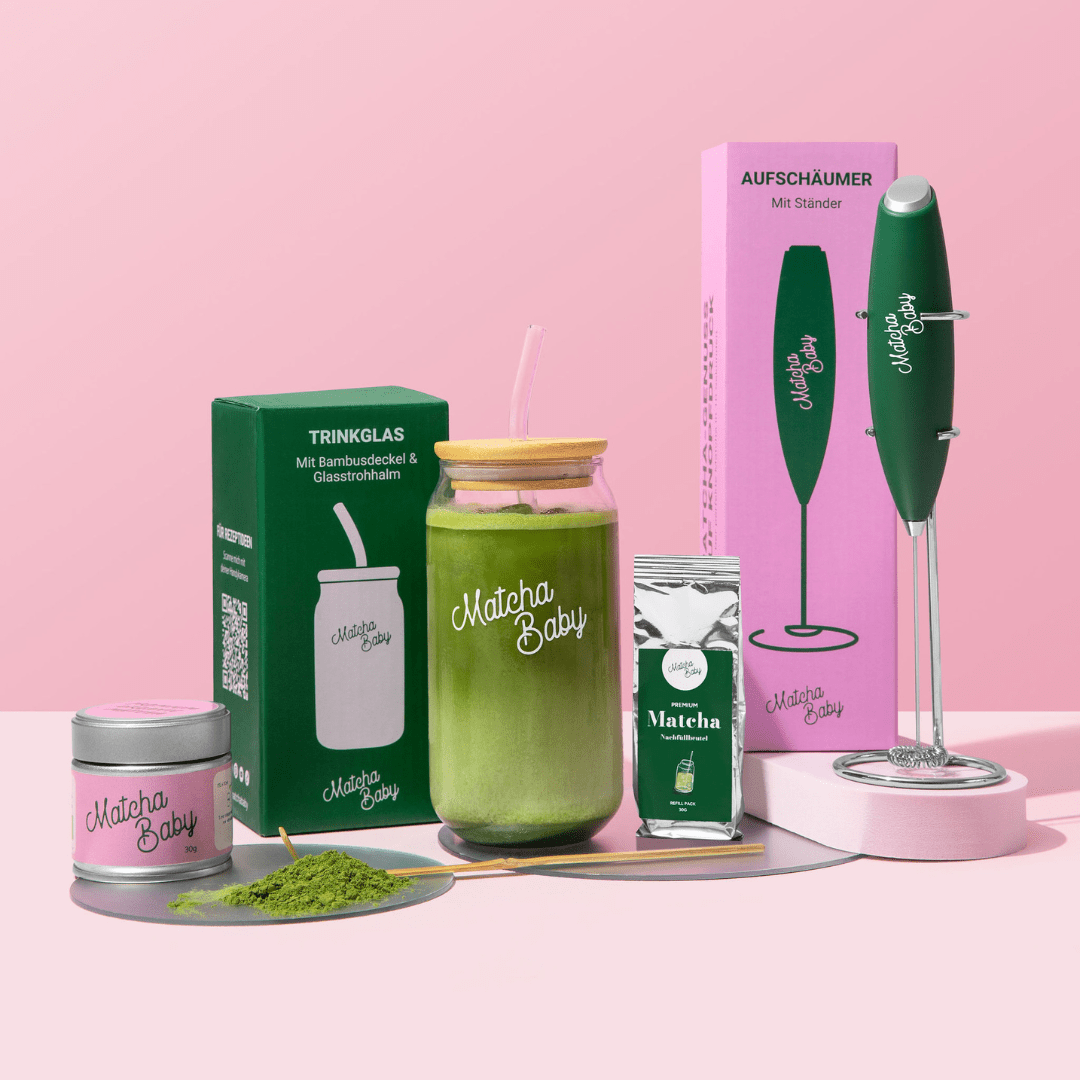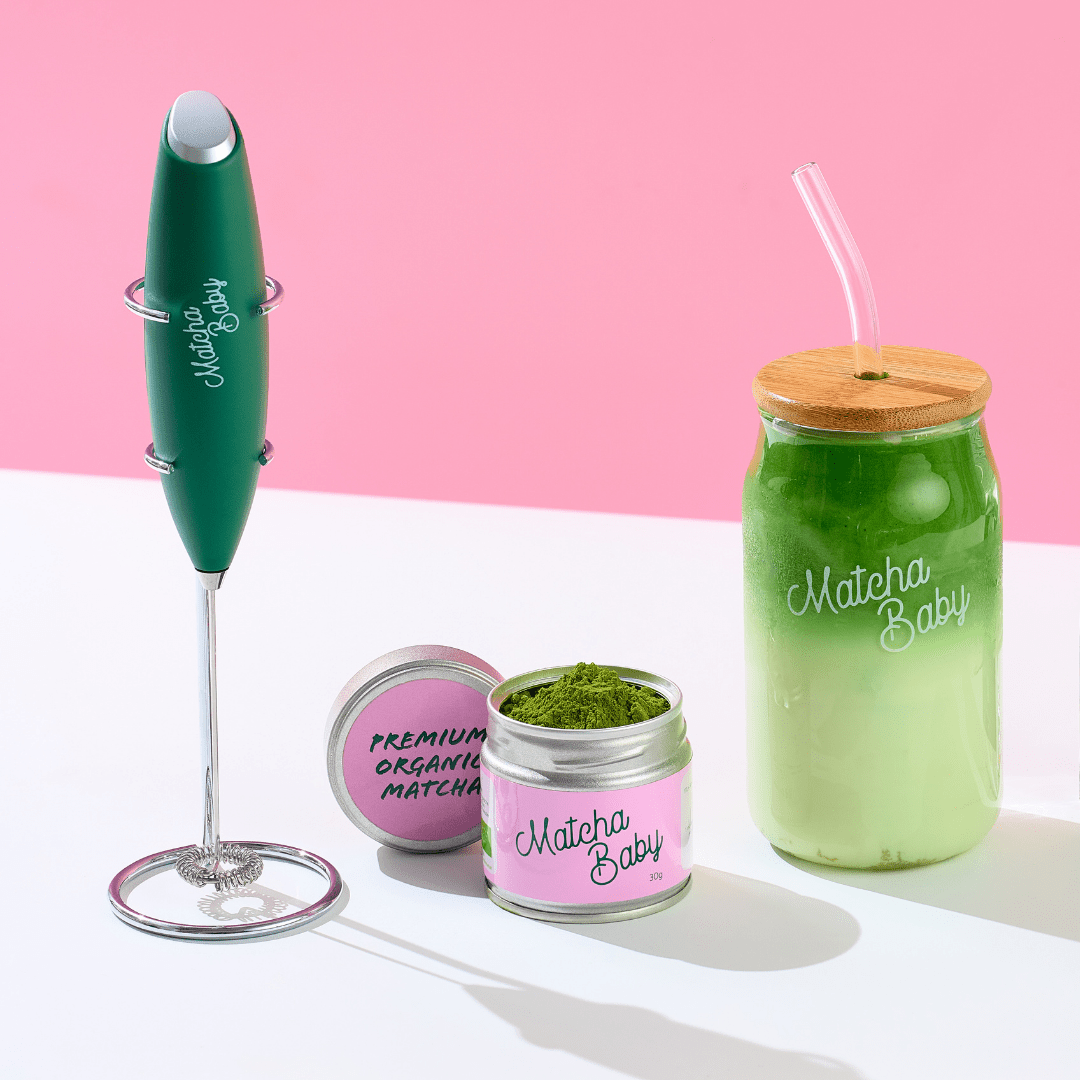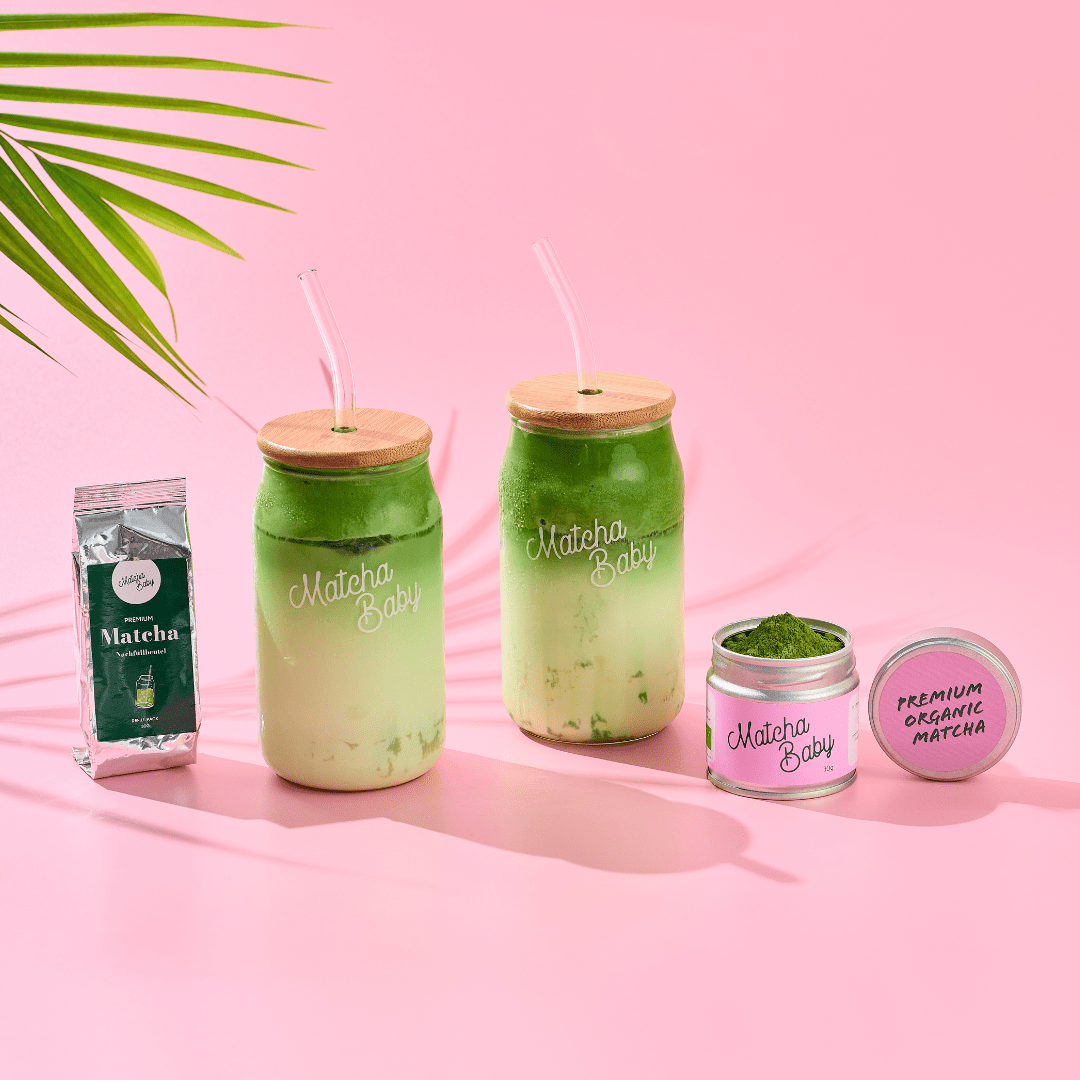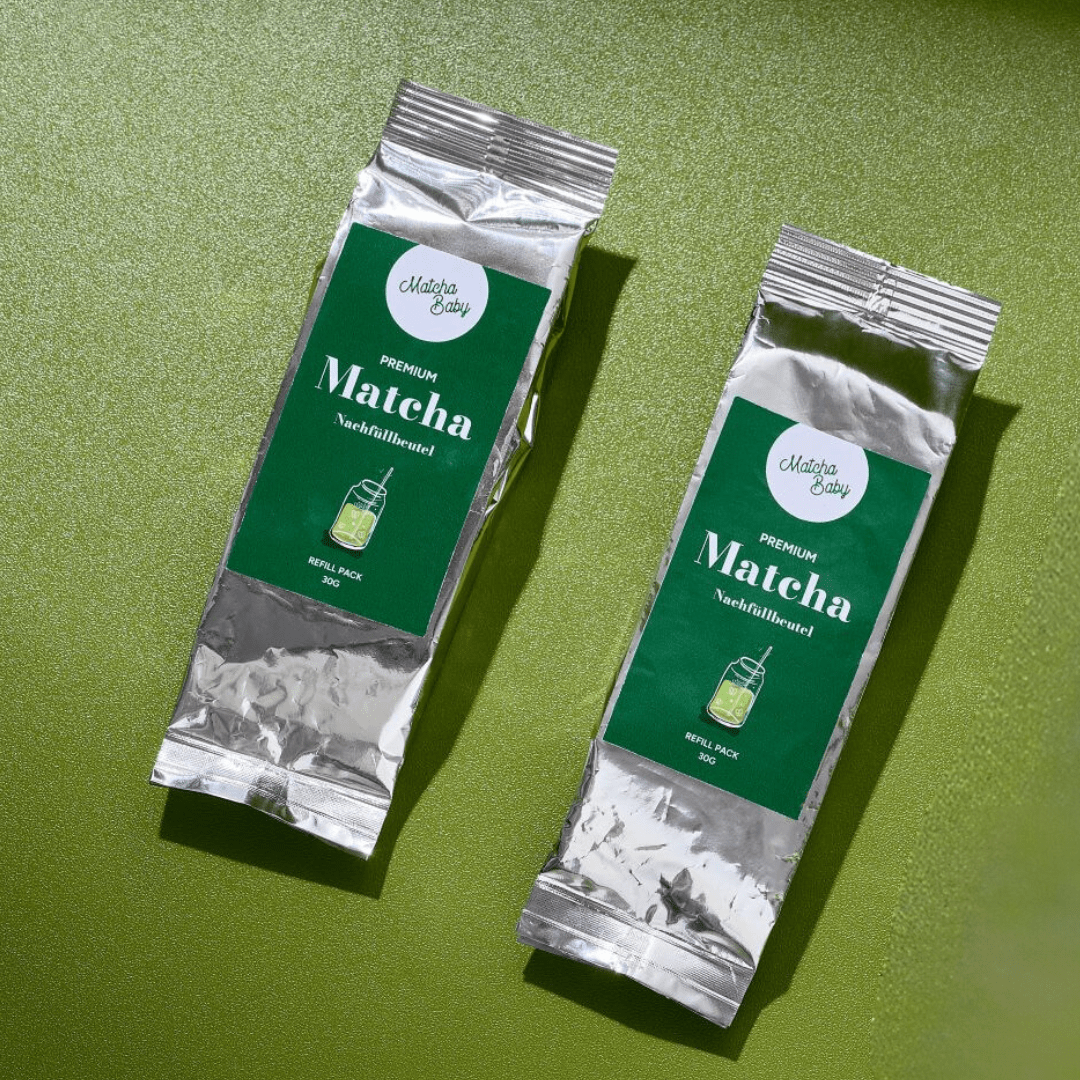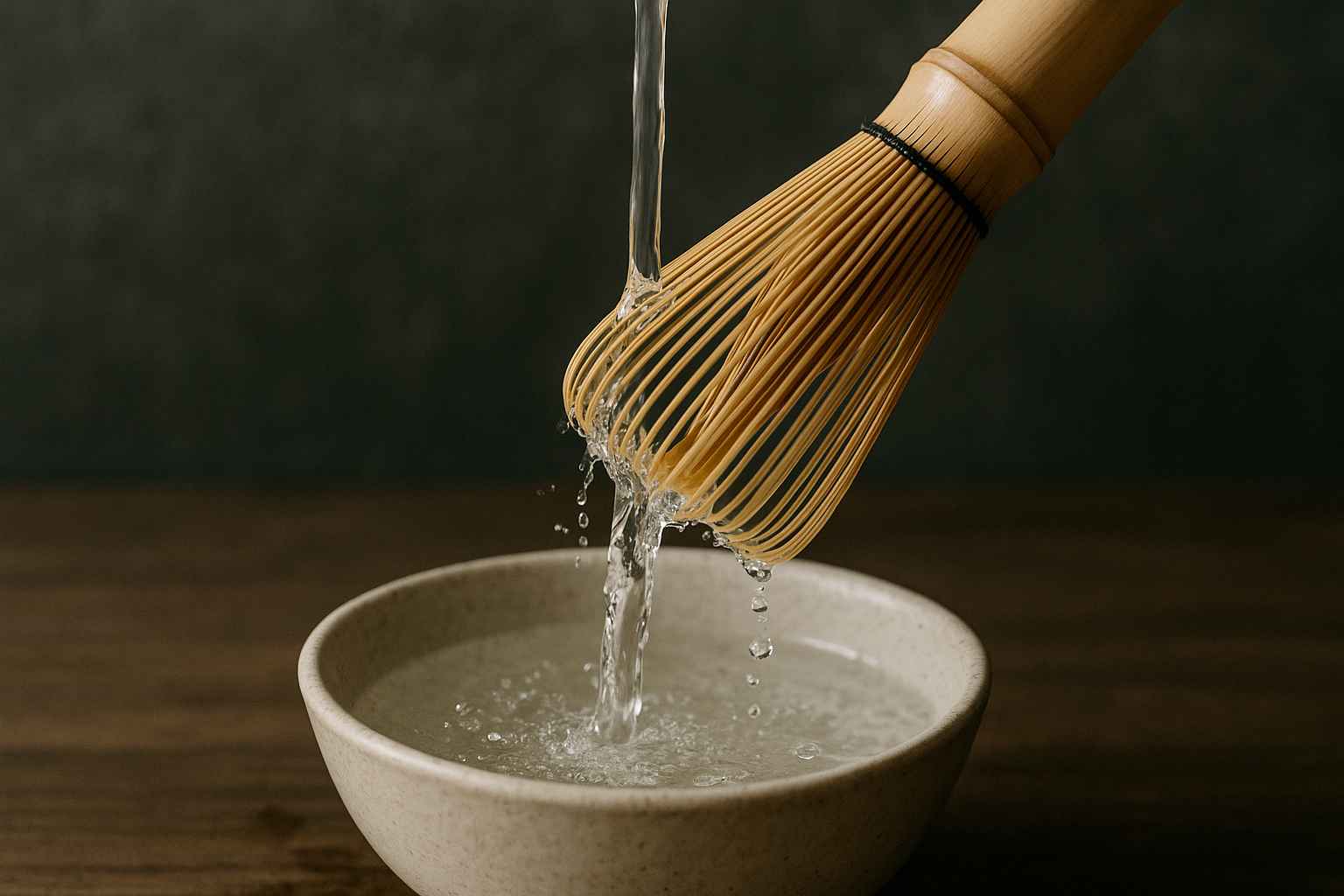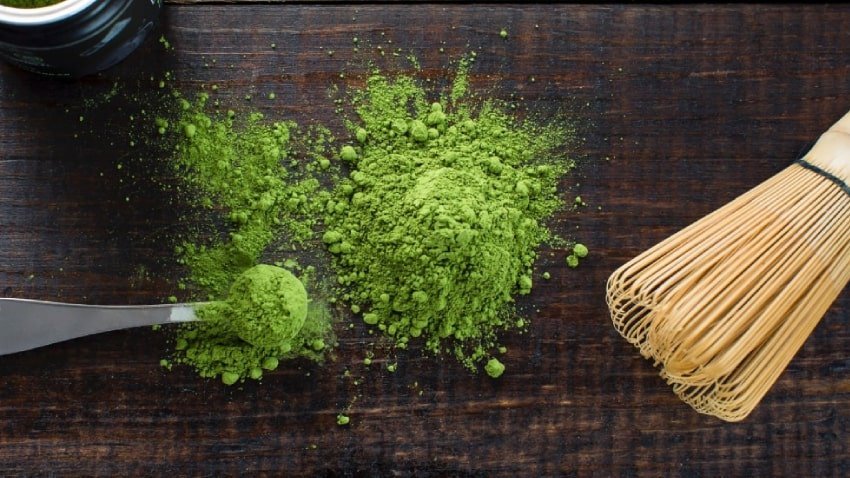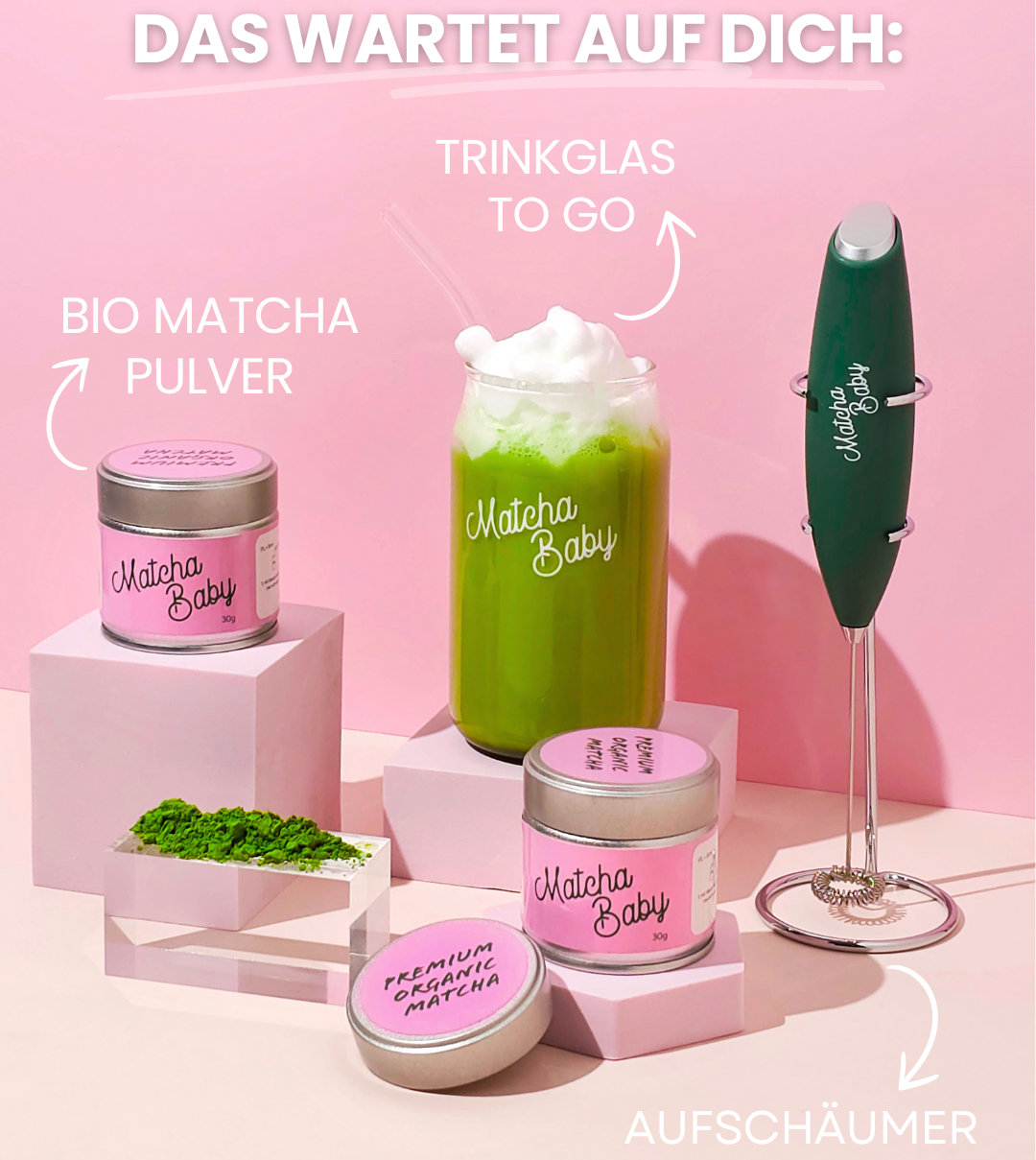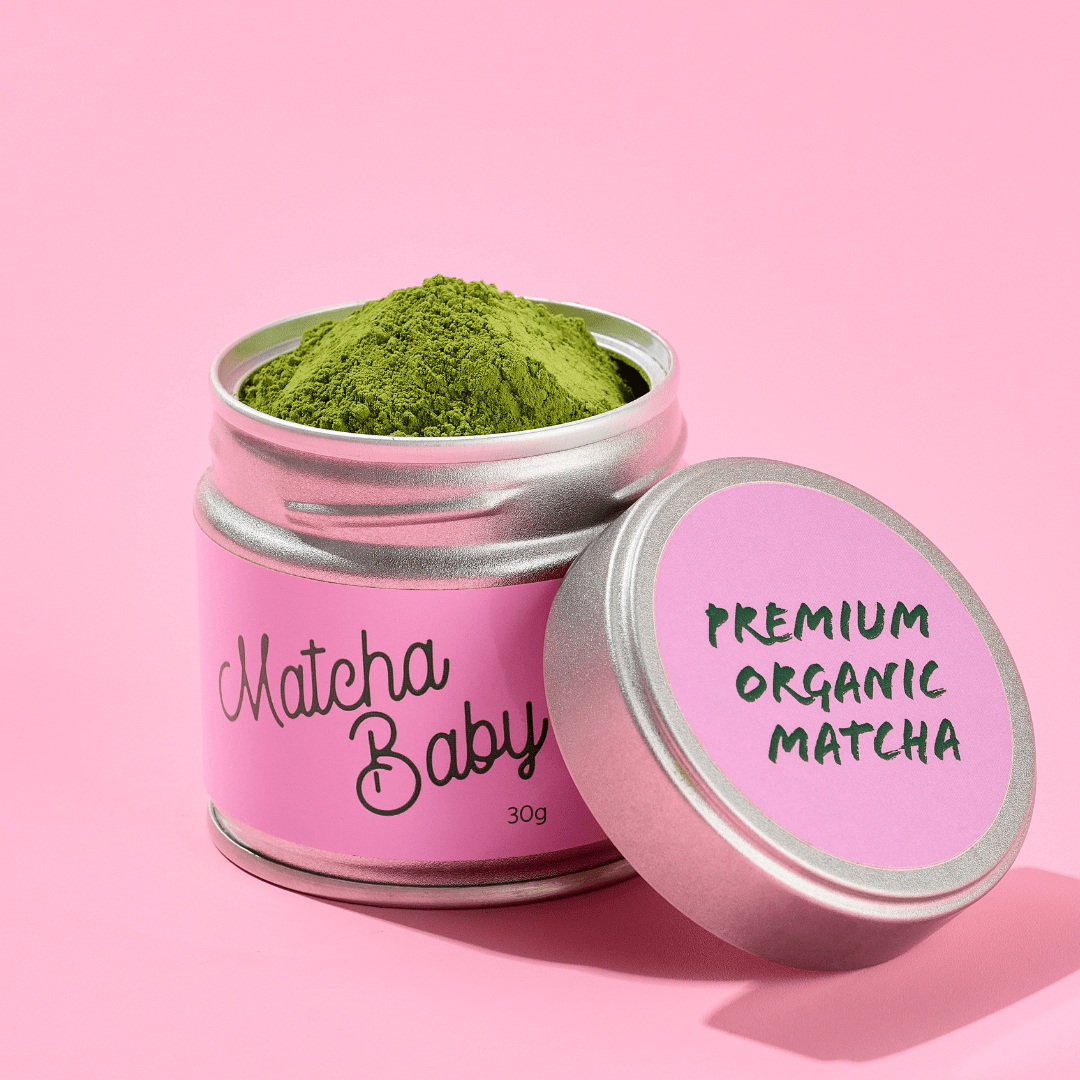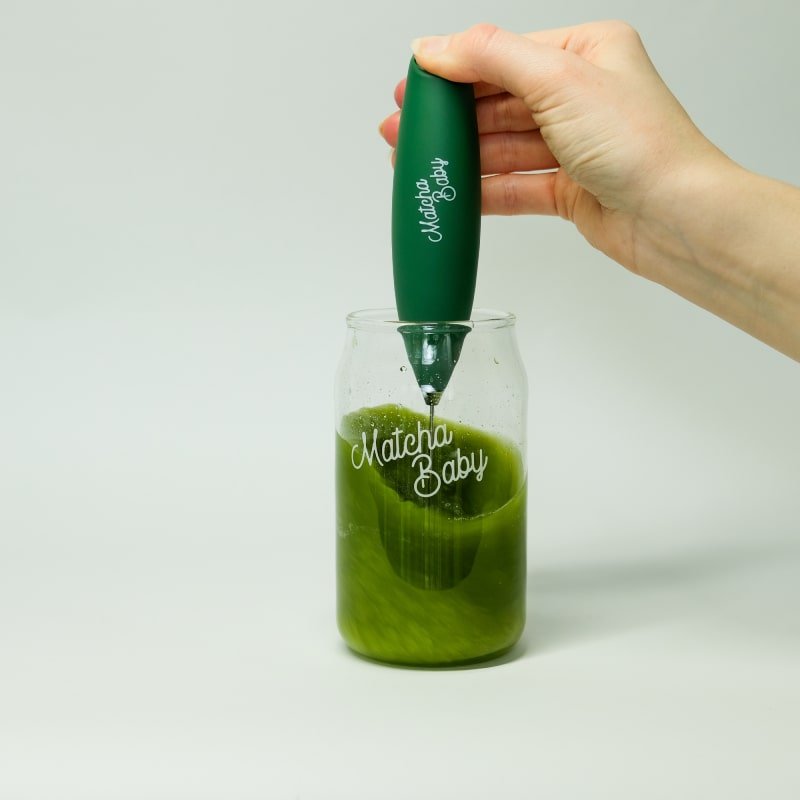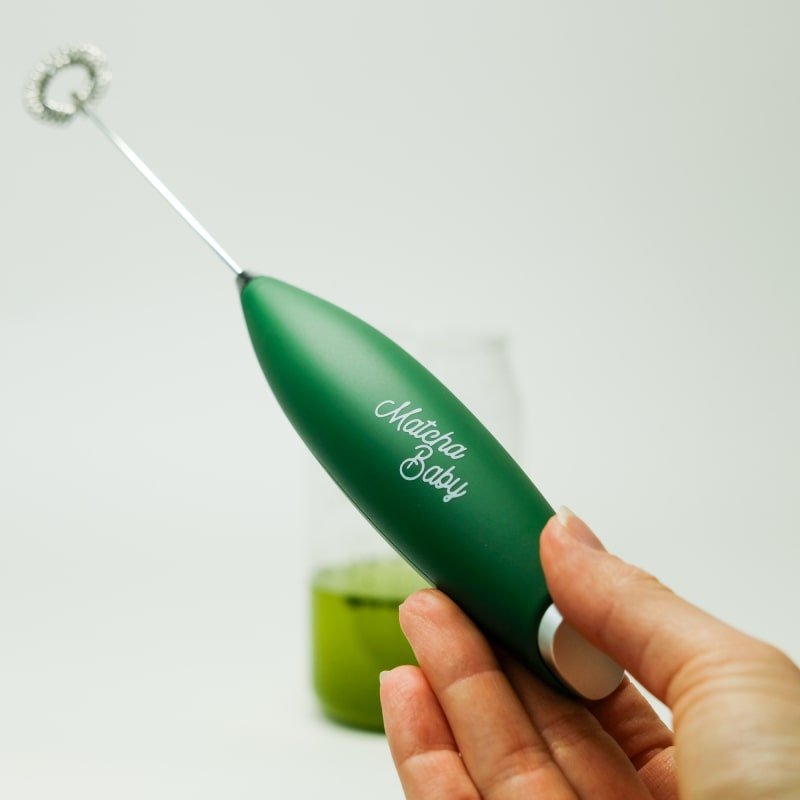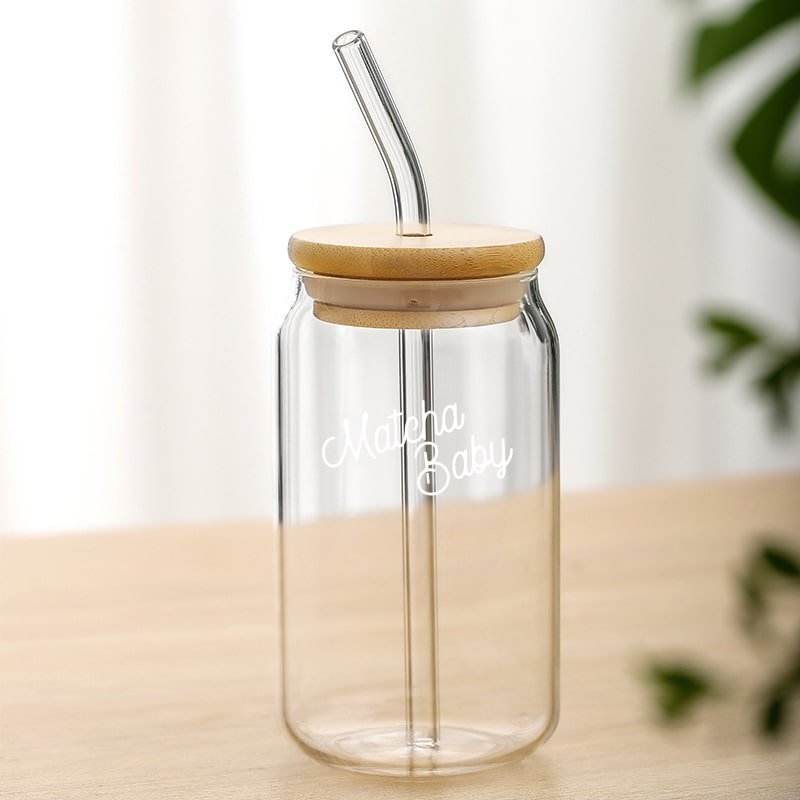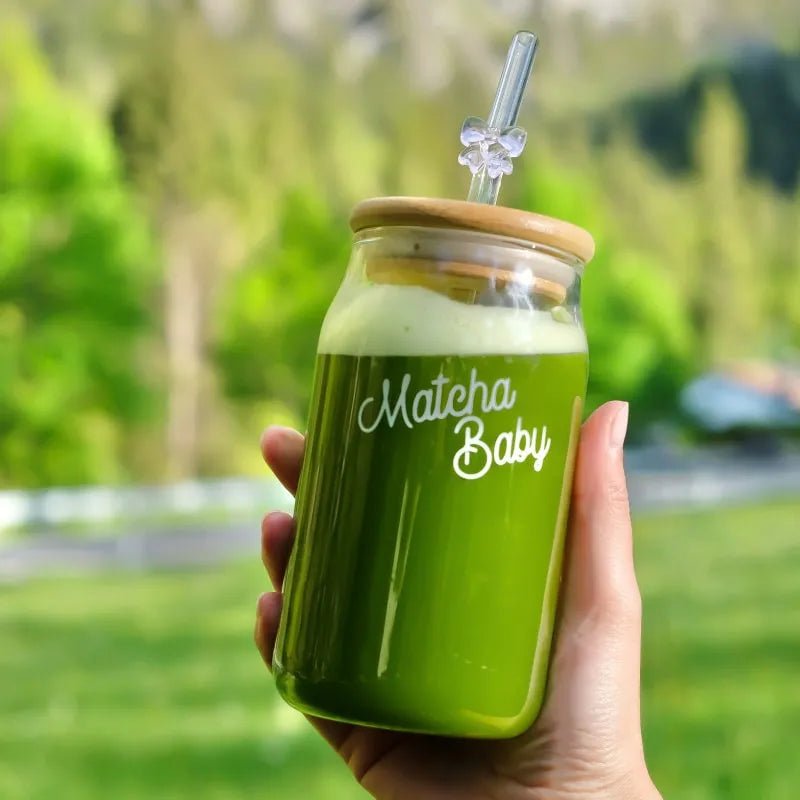What does matcha taste like?
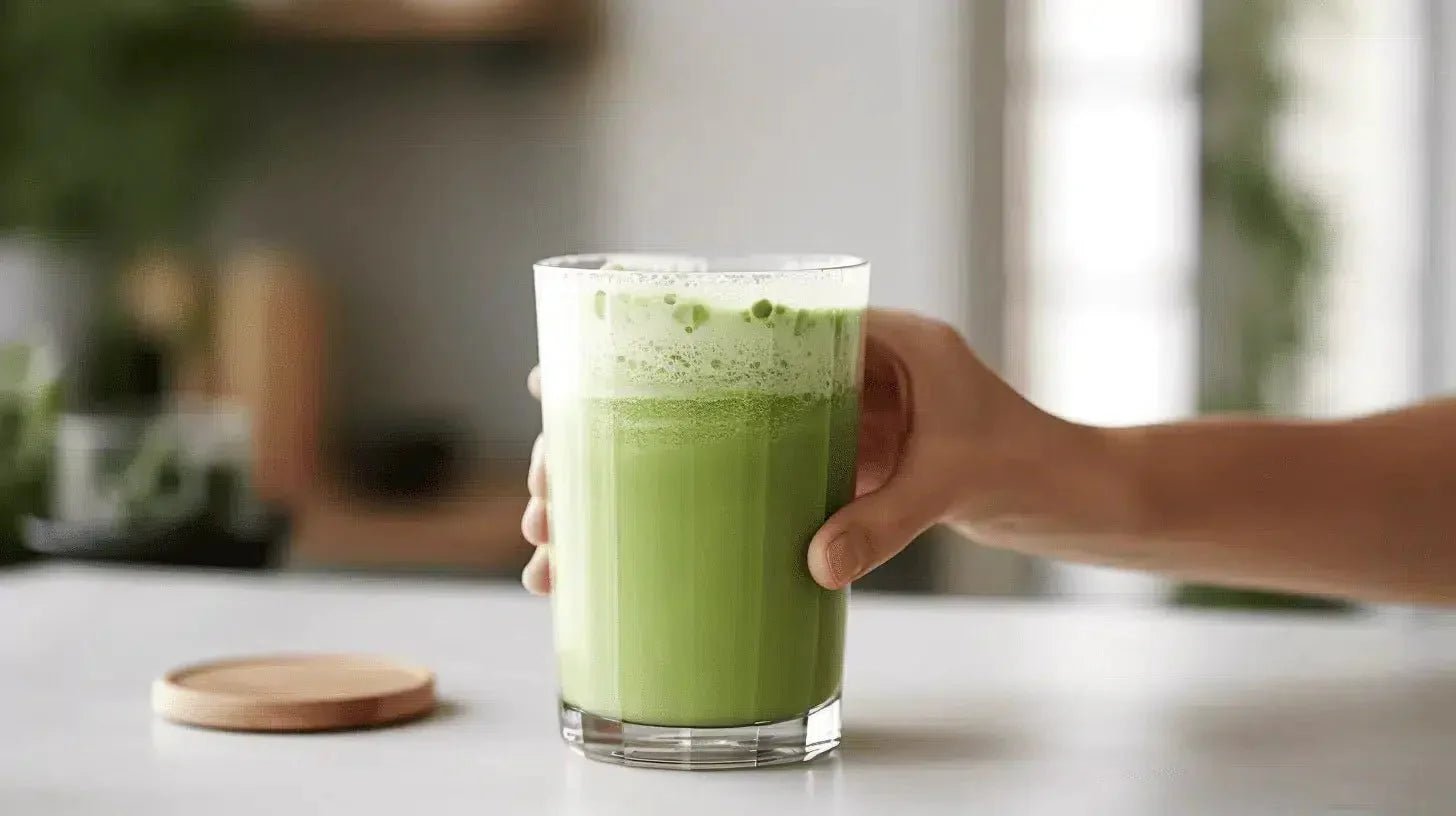
Summary
- What does matcha taste like? In this article, we explore the flavors of matcha tea, which has its roots in Japanese culture.
- We explain why matcha has its distinctive taste and how it differs from other types of tea.
- We also discuss the influence of quality and preparation on the taste experience and share a striking personal experience from a trip to Japan that shows how distinctive the taste of matcha can be.
What does Matcha taste like? An in-depth look at the taste of green gold
Maybe you've heard of matcha before or even tried it yourself. But do you really know its unique taste? In this post, we'll embark on a culinary journey to explore and understand the fascinating flavor of matcha in more detail.
What exactly is the taste of matcha?
The first and perhaps most important question you might ask yourself is, "What does matcha taste like, anyway?" The taste of matcha is as unique as it is complex, and defies easy wording. It's a harmonious blend of sweet and tart, creaminess and refreshing lightness, umami and floral notes. With every sip, matcha unfolds a kaleidoscope of flavors that offer a sensual and satisfying experience. It's as if you're strolling through a fresh, dew-drenched bamboo forest while a sweet breeze envelops your palate.
Why does matcha have this special taste?
Matcha's distinctive flavor is no coincidence, but the result of elaborate cultivation and processing methods. The tea plants are shaded before harvest, which increases the production of chlorophyll and amino acids and gives matcha its sweet and umami-rich flavor. After harvesting, the leaves are ground into a fine powder in stone mills, which further intensifies the flavor and contributes to its creamy texture. Matcha's distinctive flavor is therefore the result of years of experience and craftsmanship.
Taste difference between Matcha and other teas
"And how does the taste of matcha differ from other teas?" you might ask. Compared to green tea, matcha has a fuller and more intense aroma, reminiscent of freshly cut grass and sweet fruits. Unlike black tea, which often has a strong astringency, matcha is smoother and sweeter. And while oolong tea is known for its floral aroma, matcha stands out with its earthy yet sweet notes. In short, matcha has a taste so unique that it stands out from all other teas.
Influence of the quality of matcha on the taste
The quality of matcha plays a crucial role in its flavor. A high-quality "ceremonial grade" matcha is characterized by a balanced sweetness, a rich umami aroma, and low bitterness. "Culinary grade" matcha, on the other hand, often has a stronger bitterness and less sweetness. But not only the quality, but also the origin of the matcha can influence the flavor. I became particularly aware of this when I had an unforgettable taste experience on one of my trips to Japan.
During a stay in Uji, the birthplace of matcha tea, a veteran tea master invited me to sample his homemade matcha. It was a warm, sunny afternoon, and the tea served to us came directly from his own garden. With each sip, a captivating taste unfolded, combining intense sweetness, rich umami, and a hint of summer breeze, mingled with the fresh scent of green leaves. This unique taste experience remains etched in my memory to this day.
How the preparation of matcha affects the taste
Finally, one important point: How matcha is prepared can significantly influence its flavor. The ratio of water to matcha powder, the temperature of the water, and the way the tea is frothed all play a role in how your matcha will taste. Hot, but not boiling, water (around 70-80 degrees Celsius) is ideal for bringing out the subtle flavors of the matcha and bringing out its sweetness and creaminess. Too much matcha powder, on the other hand, can create bitterness. So, it's worth experimenting with the proportions and temperature until you find your perfect matcha.
And of course, matcha isn't limited to traditional tea . Matcha is also used in cooking and can add a unique flavor to both sweet and savory dishes. Whether in smoothies , baked goods , or even pasta, adding matcha opens up a whole new dimension of flavor.
To summarize, "What does matcha taste like?" The answer is simple – matcha tastes unique. It's sweet and tangy, creamy and refreshing, umami and floral. The taste of matcha is as complex and fascinating as the culture and history that created it. And the beauty is that there are many ways to enjoy matcha and experience its flavor. So, why not make a cup of matcha today and find out for yourself what matcha tastes like?


